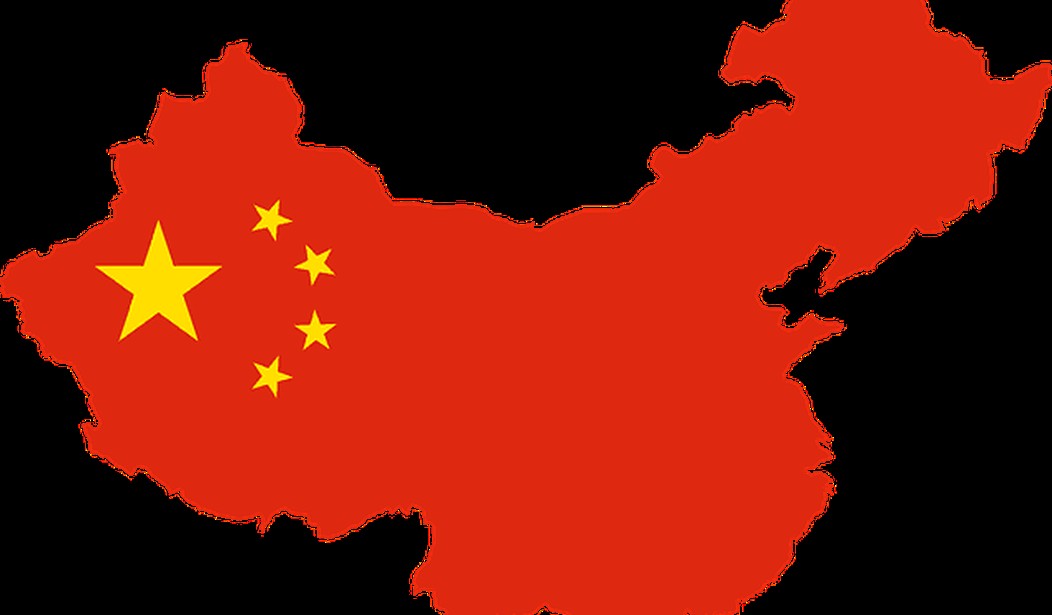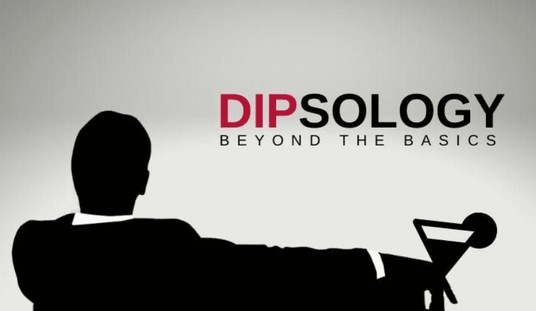
An interesting side-story is coming to light in the spotlight that shines on how the U.S. deals with China following Trump’s trade deal and worries about Chinese telecom giant Huawei’s entrance into the European market.
This story, however, involves outright spying in one of the places that arguably sets the U.S apart from the rest of the world: its system of higher education.
On January 28, 2019, Harvard chemistry professor Charles Leiber was arrested on charges that he took over a million dollars from the Chinese government and lied to federal officials about it. Leiber is a giant in a specialized field of nanotechnology.
Eiber was sponsored, according to bis website, by the Air Force, Navy and the Defense Advanced Research Projects Agency for projects in his field. He was named a professor at Harvard in 2017.
According to a federal complaint, Mr. Lieber misled the Defense Department and NIH about his participation in China’s Thousand Talents Program. The complaint alleged that Wuhan University of Technology gave him more than $1.5 million to set up a research lab in China.
Mr. Lieber has also served as honorary professor or academic adviser at other Chinese universities, including the prestigious Tsinghua, Peking and Fudan universities, according to his profile on a Chinese Academy of Sciences webpage.
Since 1987, Mr. Lieber has trained more than 60 Chinese scholars, according to his profile on the state-run research institute’s website. In 2009 he won a Chinese Government Friendship Award; the year prior he won the Chinese Academy of Sciences’ Einstein Award, according to the institute.
Meanwhile, at the University of Texas, professor Bo Mao used his status as a professor to gain access to “proprietary technology from an American Silicon Valley start-up and handed it over to a subsidiary of Huawei, the Chinese telecommunications conglomerate.”
These and other cases have intelligence experts calling universities “soft targets” in the espionage war with China.
Much of this campus spying is never caught, let alone prosecuted, officials say. But in recent months:
- A Chinese Harvard-affiliated cancer researcher was caught in December with 21 vials of cells stolen from a laboratory at a Boston hospital.
- A Chinese professor conducting sensitive research at the University of Kansas was indicted in August on charges he concealed his ties to a Chinese university.
- A Chinese scholar at the University of California, Los Angeles was convicted in June of shipping banned missile technology to his homeland.
- A Chinese student at Chicago’s Illinois Institute of Technology was charged last year with helping to recruit spies for his country’s version of the CIA.
University officials fear what they worry will be a “racial backlash” and overreaction to Chinese students on campus.
A thing to watch on this story: “A bipartisan November report by the Senate Permanent Subcommittee on Investigations highlighted China’s Thousand Talents Plan, under which China recruits overseas scientists and induces them to sign secret contracts that ‘violate U.S. research values.'”













Join the conversation as a VIP Member